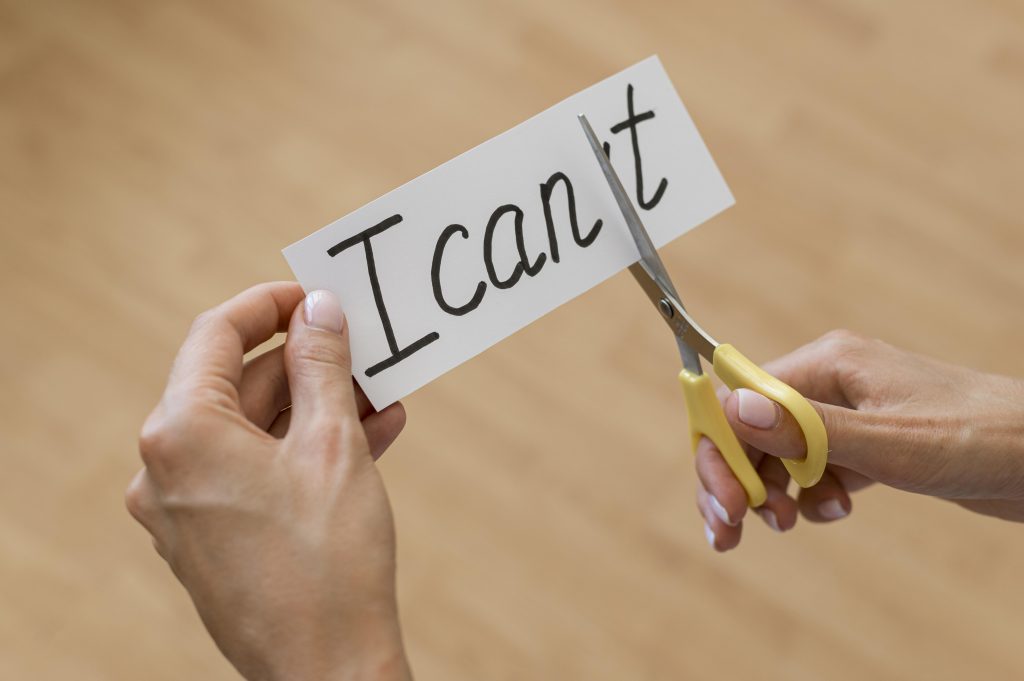In today’s culture of “fast everything,” from express delivery to rapid responses, patience feels outdated. Yet emerging trends show that learning to practice patience in a world that wants instant results is a powerful wellness strategy. Rooted in psychology, mindfulness, and emerging social habits, patience can help us reclaim focus, resilience, and deeper satisfaction.

Why Patience Matters More Now
1. Instant Gratification Erodes Focus
Our brains are wired for quick rewards—and modern life supercharges that tendency, reducing our ability to wait.
2. Patience Builds Resilience
Greater Good Science Center reports that grateful individuals demonstrate far more patience across tasks—and that enduring delay predicts emotional strength.
3. Patience Enhances Health & Well‑Being
The Calm Blog notes that practicing patience lowers stress hormones, improves problem-solving, and boosts emotional regulation .
Emerging Trend: Patience as a Core Wellness Practice
Healthy-living platforms now promote patience-building routines—mindful breathing, long-form creative projects, and gratitude journaling—positioning patience alongside fitness and nutrition .
Step-by-Step Guide to Practice Patience
1. Start Small: Build Your “Patience Muscle”
Begin with low-stakes waiting—hold off on a snack for ten minutes or let someone else go ahead in line. These small waits reinforce self-control over time.
2. Mindfulness Check-ins
Practice pausing for 5 minutes when stress hits:
-
Notice sensations
-
Label emotions
-
Breathe
This resets your nervous system and cultivates presence.
3. Gratitude for Today
Before making a decisions, pause and think of something you’re grateful for. Research by DeSteno et al. found that grounding in gratitude makes us willing to wait for greater rewards.
4. Embrace Delayed Gratification
Create a simple system:
-
Want something? Wait 24 hours.
-
Jot down why you want it and how waiting could benefit you.
This builds foresight and lessens impulsivity.
5. Engage in Long-Form Projects
Puzzles, cooking, writing—these require sustained effort without quick results. They help adapt your mind to gradual progress .
6. Learn from Research
The Stanford marshmallow experiment shows that children trained to wait—even in small ways—tend to develop better self-regulation and future success.
What to Do When You Lose Patience
-
Pause and breathe—three slow breaths reanchor your system.
-
Reframe the moment: “This delay builds my control.”
-
Pull your gratitude list to shift perspective.
Common Misconceptions
| Myth | Reality |
|---|---|
| I’m weak if I can’t wait | Impatience is a reaction, not a flaw—patience is built by design |
| Patience = passivity | It’s intentional control, not inaction |
| Speed always wins | Long-term focus leads to deeper, more sustainable rewards |
Real-world Impact
-
Mindful tech users report less stress and clearer thinking after using app-free breaks.
-
Gratitude practice study participants showed more patient financial decisions after 3 weeks.
-
Puzzle and cooking challenges demonstrated measurable increases in self-control over impatient impulses .
Why This Matters in 2025
-
AI-driven instant responses pressure us to match speed, so patience becomes a human advantage.
-
Mental health awareness has grown—stress-free resilience is more valued than ever.
-
Wellness trends now include mental endurance—patience is now featured among core habits.
Conclusion
The world may be racing ahead—but there’s real power in pausing. To practice patience in a world that wants instant results is to reclaim focus, build emotional resilience, and embrace growth. By starting small—waiting, breathing, reflecting—you rewire your brain to favor depth over distraction. And in that pause lies space for better decisions, deeper connections, and a richer life.
Start today: choose one thing to delay intentionally. Watch how those minutes reshape your mindset—and your life—for the better.
References
- Greater Good Science Center (2014) – Four Reasons to Cultivate Patience. https://greatergood.berkeley.edu
- Calm Blog (2024) – How to Be More Patient: 7 Ways to Cultivate Patience. https://www.calm.com/blog
- Medium (2024) – Patience: The Catalyst for Innovation. https://margarethamontagu.com









